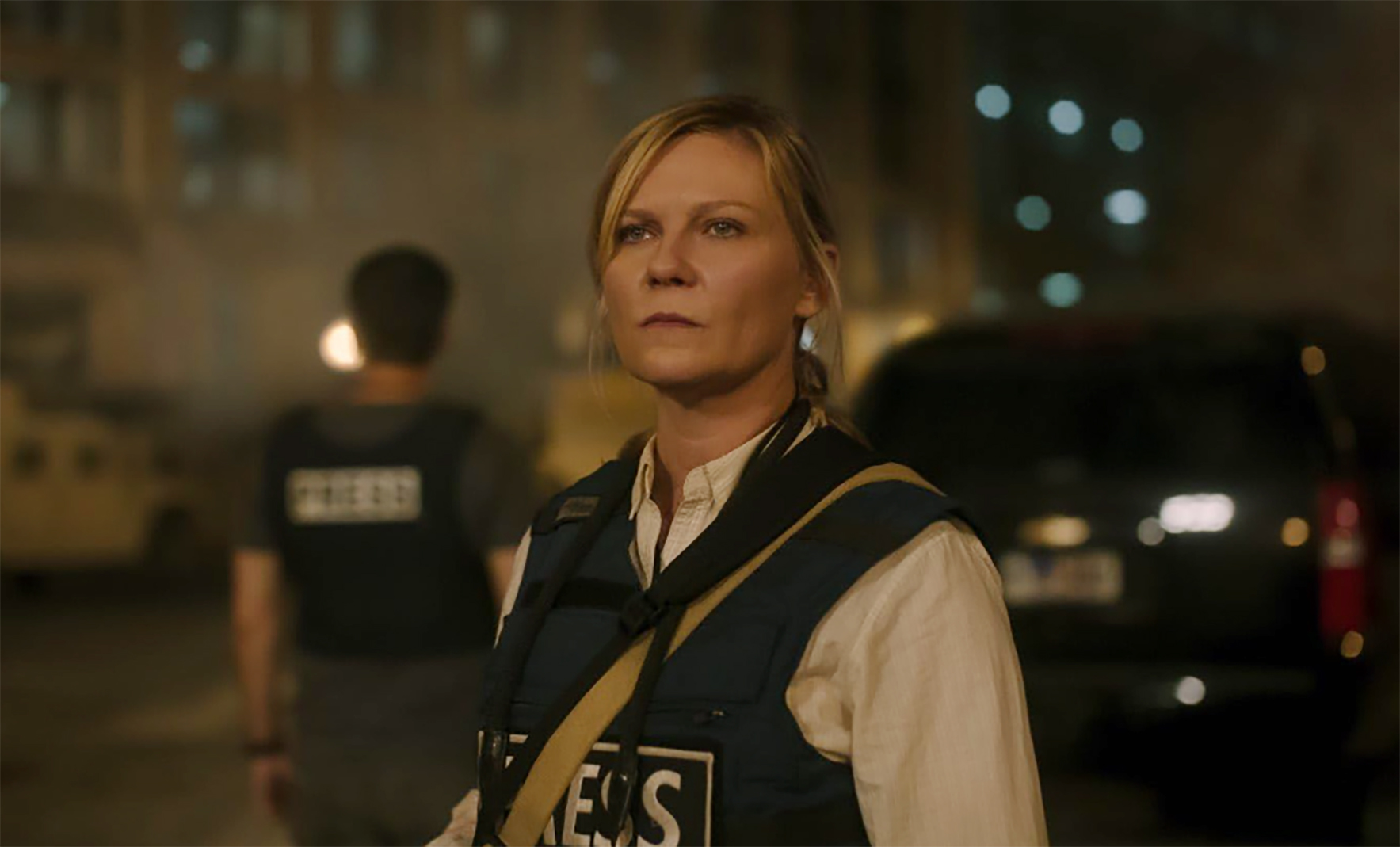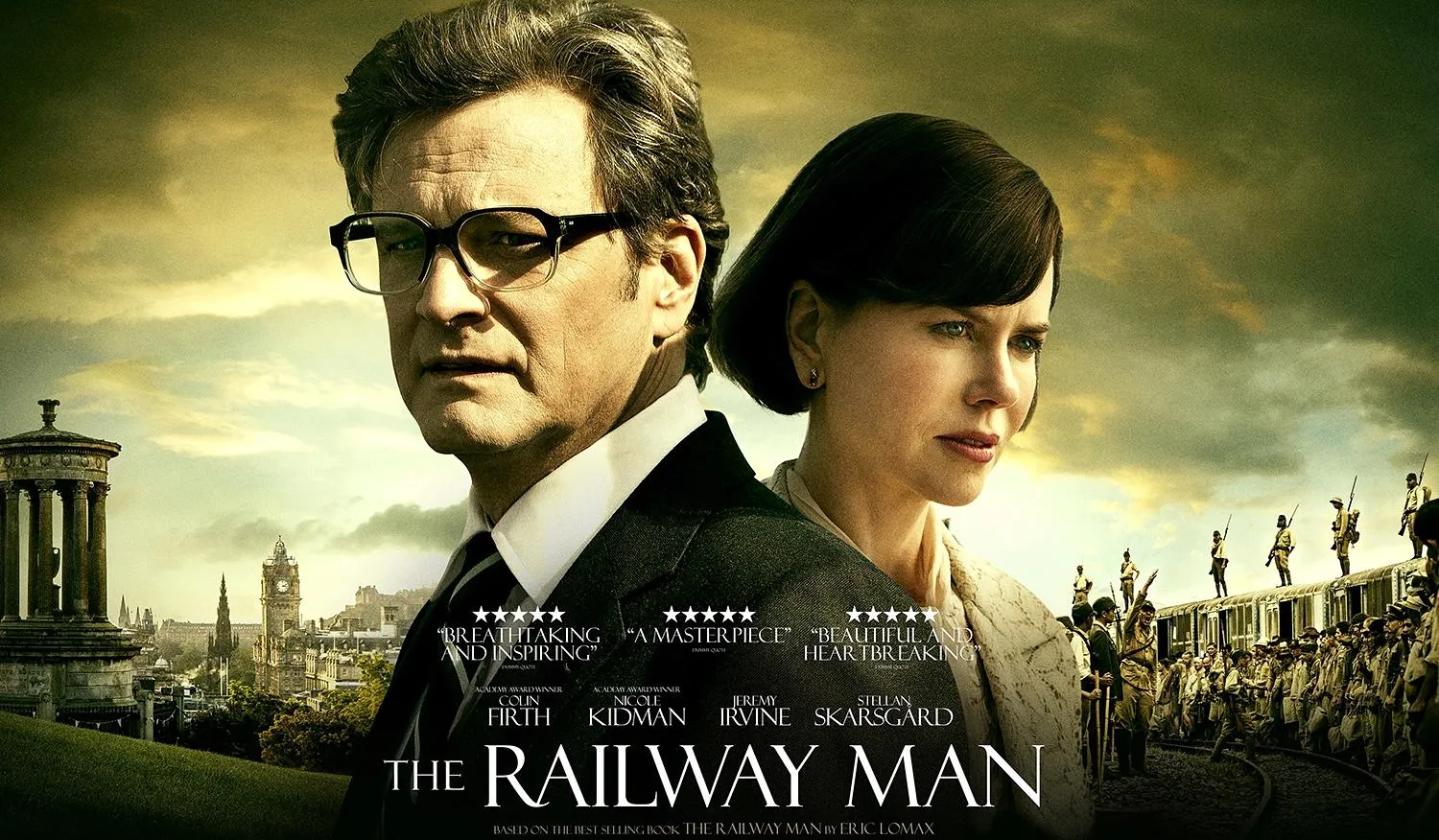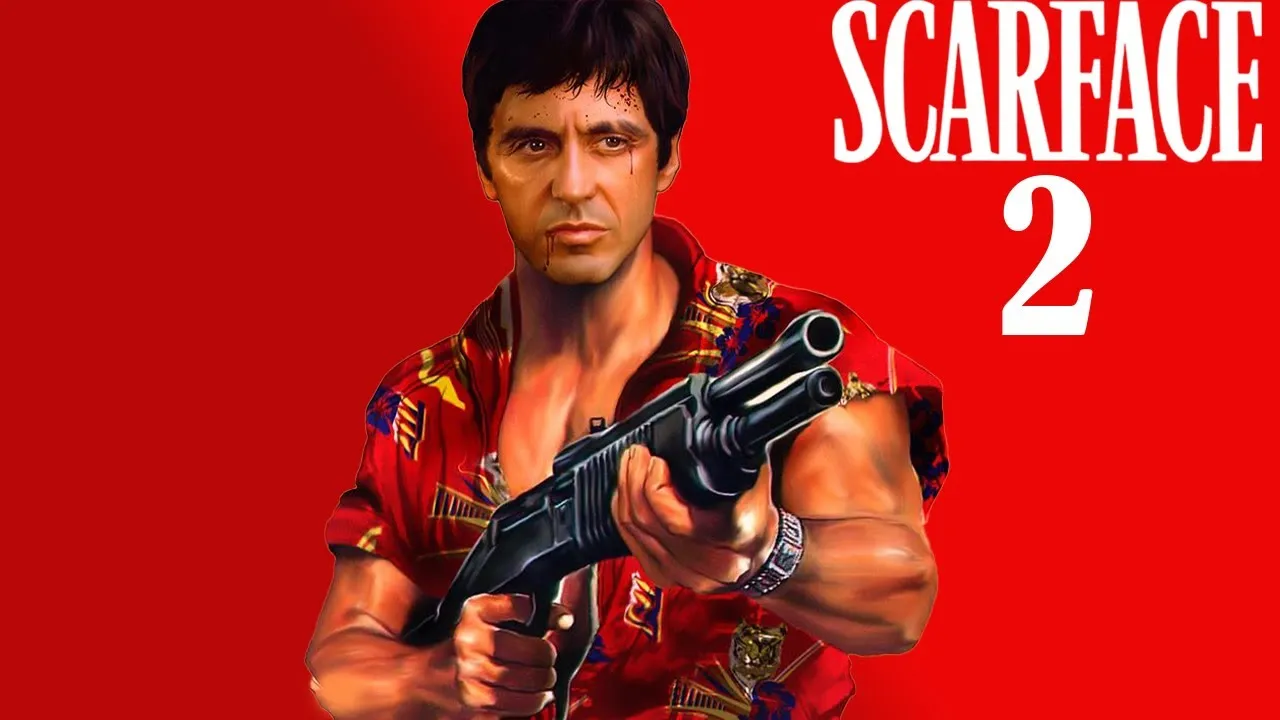Civil War (2024) is a dystopian action-thriller directed by Alex Garland, set in a near-future America torn apart by internal conflict. The country is no longer united; the Western Forces, including states like Texas and California, have seceded and are marching toward Washington, D.C. to confront the president, who has been in power for three consecutive terms. Rather than offering a detailed political backstory, the film presents the war through the eyes of journalists navigating through the ruins of democracy.
The main characters are a group of war correspondents: Lee, a hardened photojournalist; Joel, her adrenaline-driven colleague; Jessie, a young and idealistic rookie; and Sammy, an aging reporter with a quiet wisdom. Their goal is to reach the capital before the rebel forces do, hoping to secure an exclusive interview with the president. As they travel through devastated towns, bombed highways, and unpredictable battle zones, the group is repeatedly confronted with moral and physical dangers.

The film places viewers directly into the chaos without much exposition, which intensifies the realism. There are no flashbacks, news montages, or voiceovers explaining how the United States reached this breaking point. This deliberate choice amplifies the uncertainty and fear the characters experience and reflects how war is often confusing and senseless to those on the ground.
Cinematography is sharp, grim, and documentary-like. Landscapes are bleak, cities are abandoned or reduced to rubble, and everything is tinged with a dull grayness. The sound design plays a significant role—sudden gunfire, roaring jets, and the eerie silence of deserted streets all contribute to the oppressive atmosphere.

Kirsten Dunst gives a restrained but deeply emotional performance as Lee, whose past traumas are revealed subtly through her reactions and guarded demeanor. Cailee Spaeny, as Jessie, serves as a lens for the audience—a newcomer overwhelmed by the horrors but still believing in the importance of documenting truth. Wagner Moura and Stephen McKinley Henderson provide additional weight to the ensemble with grounded and believable performances.
Though some critics found the lack of political clarity frustrating, others praised Garland for refusing to simplify the conflict into a binary narrative. There are no clear heroes or villains. The film avoids making overt statements about sides or ideologies, instead focusing on what war does to individuals, communities, and the very concept of truth.

Thematically, the film explores journalism, propaganda, fear, and the fragility of democratic institutions. It suggests that in times of collapse, even truth can become a dangerous weapon—or a casualty.
Civil War is intense, haunting, and uncomfortably relevant. It avoids spectacle in favor of a grounded, personal journey through the consequences of division. Not everyone will agree with its narrative choices or ambiguous messaging, but it is undeniably a work that provokes thought and lingers in the mind long after it ends.

-1752632683-q80.webp)

